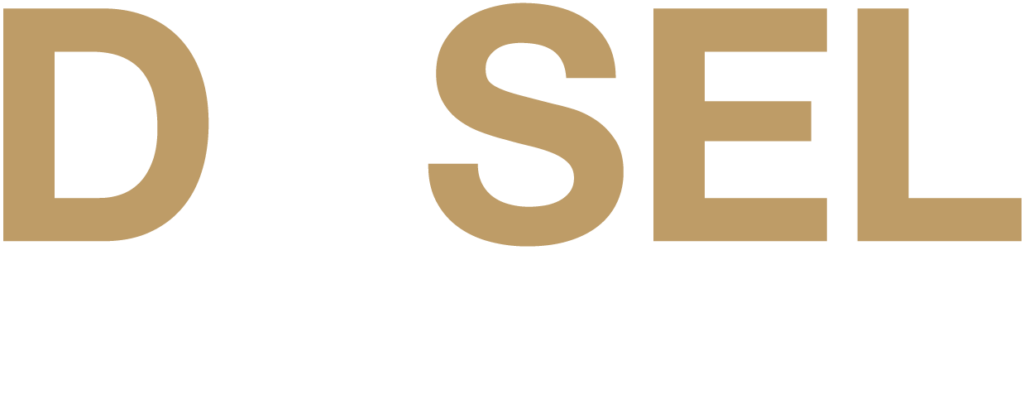You may remember this mission statement from Microsoft: "Putting a computer on every desk and in every home." That was at the time of the PC revolution. And it was happening. A computer on every desk, in every home and eventually in every pocket.
A family of services and devices
Then it was in 2013 that Microsoft's CEO at the time, Steve Ballmer, announced Microsoft's new corporate mission: "to create a family of devices and services for individuals and businesses that assist people worldwide at home, at work and on the go in the activities they value most." Microsoft realized that IT was playing an increasingly important role in the daily lives of individuals and in the operations of businesses. And now, in 2017, a new revolution is taking place that once again proves the importance and power of information technology.
The industrial IoT revolution
Where the PC revolution put a computer on every desk, the Industrial Internet of Things revolution will lead to a computer in every machine.
Internet of Things is the internetworking of 'objects' such as devices, vehicles, buildings and other items - equipped with electronics, software, sensors, actuators and network connections through which these objects collect and exchange data. It is no longer just people communicating with each other (using computers and other devices), but "things" exchanging all kinds of information with other "things.
Endless possibilities
A computer in every machine offers amazing possibilities. You may have my blog on Digital Business Transformation read, in which I give some examples of how Internet of Things, digital business and smart machines can contribute to organizations.
But the benefits, of course, are not limited to businesses. As an individual, your life becomes so much easier thanks to the Internet of Things revolution. Think smart home applications, which allow you to turn on the heating before you get home or turn off the lights even after you leave the house. Or "connected cars"; vehicles that can optimize their own operation, maintenance and passenger comfort with on-board sensors and Internet connectivity.
Security and IOT
Are there no worries then, only positive news? Well no. We should be concerned about security and our privacy. Cyber criminals are frantic now that they hear that there are an estimated twenty-five billion devices online, of which, based on another study, about 70 percent of these Internet of Things devices are not secure. We should not only think about the amazing things we can accomplish with information technology, but also consider the risks involved.
Philip van Kemenade is a marketer at Dysel and has daily contact with end users of software.


